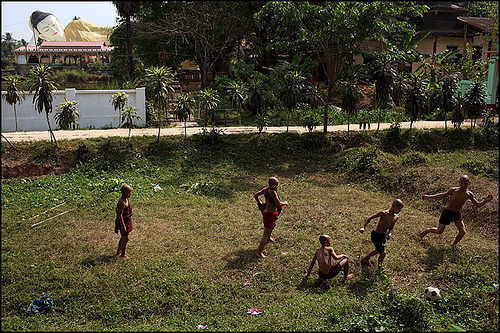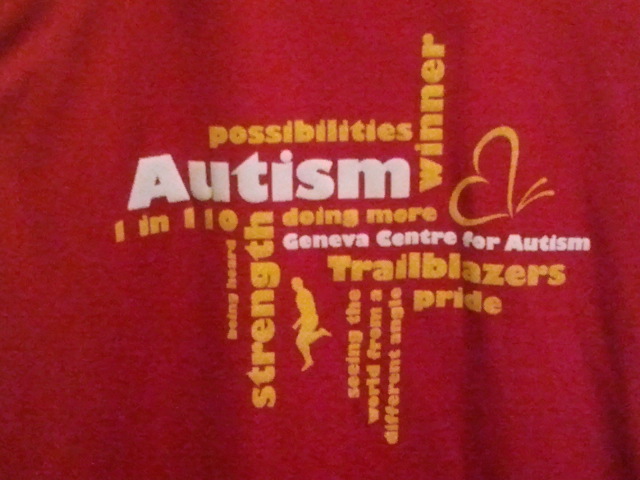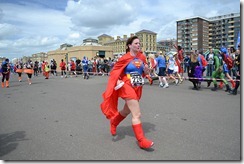I am participating in the Health Activist Writers Month Challenge, in which I publish a post every day for the month of April, based on health-related prompts.
April 6 – Health Haiku: Write a haiku about your health focus. 5 syllables/7 syllables/5 syllables. Write as many as you like.
About Autism
Mysterious boy
You always make me wonder
Beautiful strange mind
Touched by autism
You are locked in your own world
I reach into you
He doesn’t say much
His mind is always busy
Silent but present
The room rocks with screams
Communication fails him
I hold him with love
About Mental Health
My mind tortures me
I know I should be happy
Sadness fills my soul
Postnatal darkness
Drowning in new motherhood
Do not be ashamed
Memories flood me
The past seeps into the now
Accept who I am
Look in the mirror
See the beauty within you
Know that you are loved
About Running
Feet hit the sidewalk
Legs are aching, I am tired
No way I can stop
Start line at the race
Getting high on energy
My legs want to run
It’s more than the legs
The body must be healthy
Eat like an athlete
Running keeps me sane
Time to myself, time to think
The stress melts away













